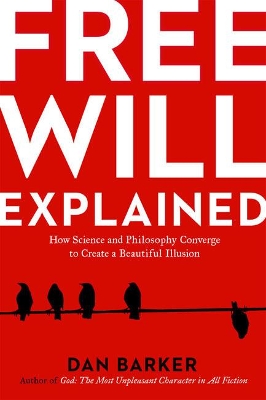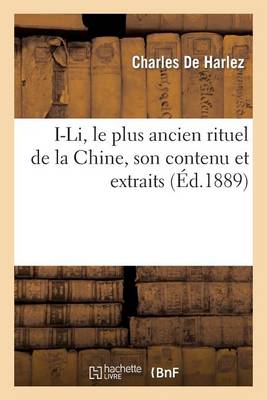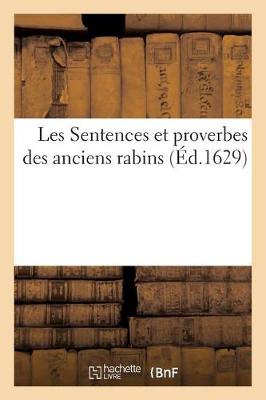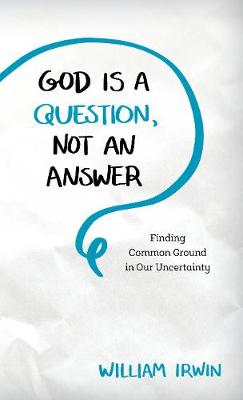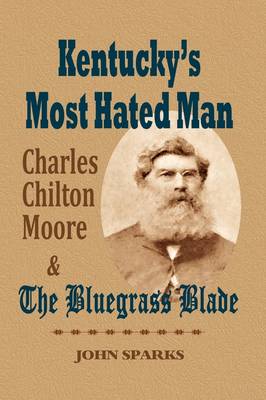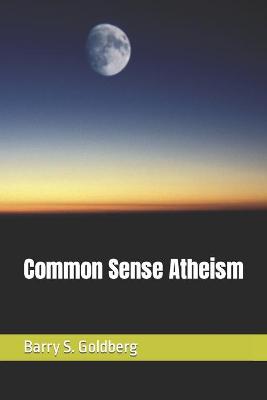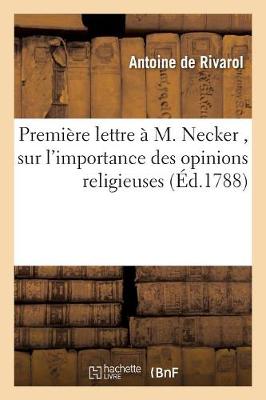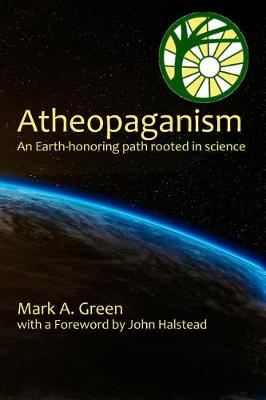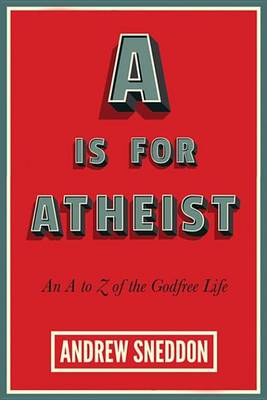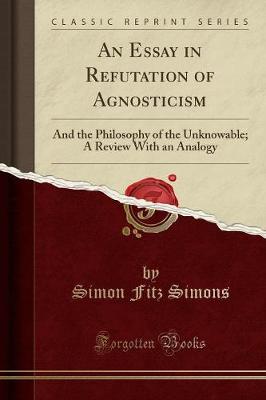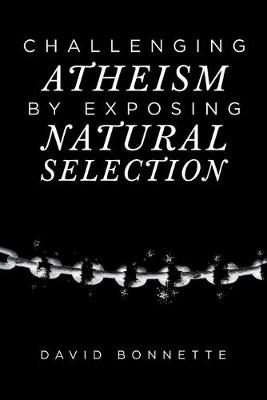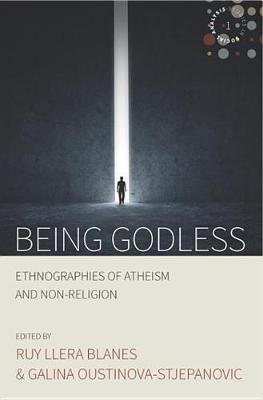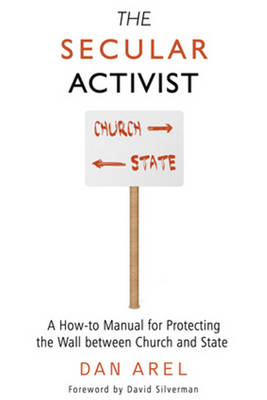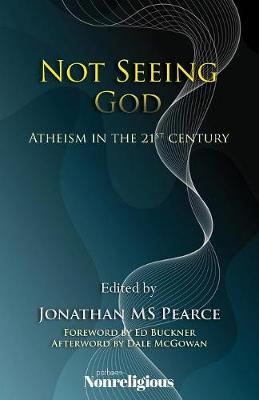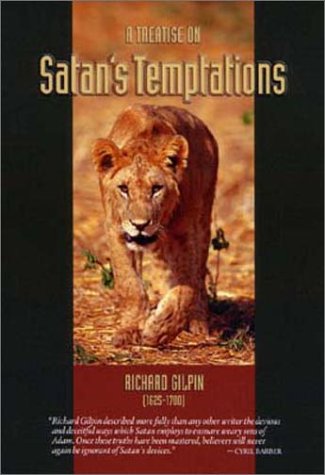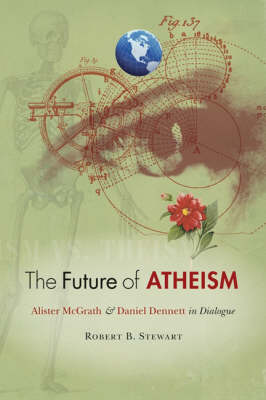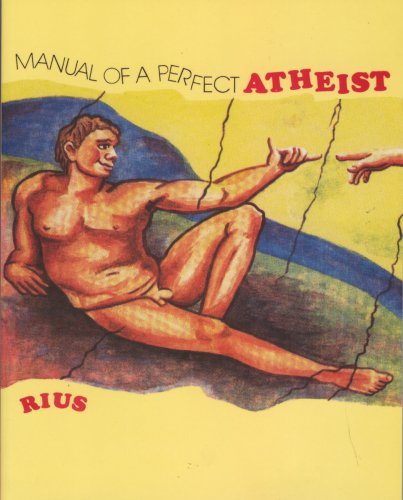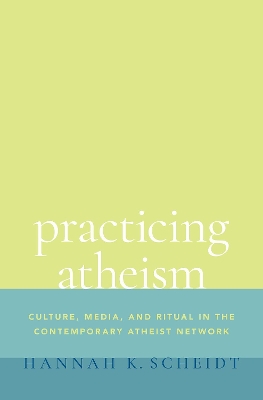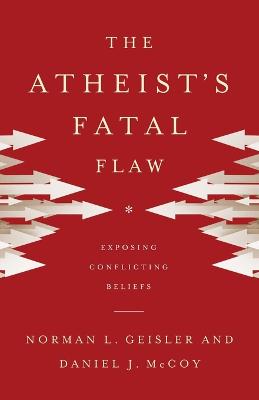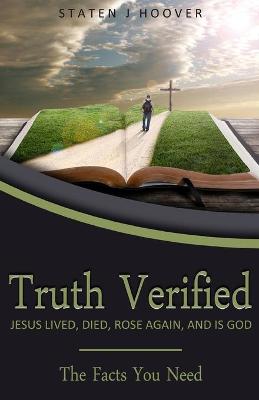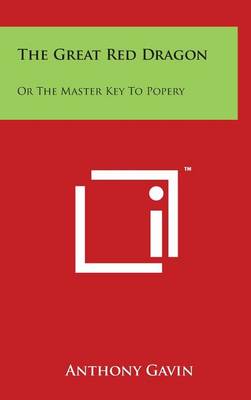Do we have free will? And if we don't, why do we feel as if we do? Popular author Dan Barker examines the way we make choices in this world through his original concept of "harmonic free will": a philosophy that acknowledges both the impersonal laws of cause and effect that govern our world, as well as our own independent volition-without ever seeing these two perspectives as contradictory.
I-Li, Le Plus Ancien Rituel de la Chine, Son Contenu Et Extraits (Religion)
by de Harlez-C
Uncertainty is the essence of the human condition, and nothing is more uncertain than God. Yet passions run hot when it comes to God, both among believers and non-believers. God is a Question, Not an Answer aims to unsettle readers on both sides of the issue. William Irwin argues that because belief occurs along a continuum of doubt and we can never reach full certainty, believers and non-believers can find common ground in uncertainty. Beginning with the questions of what we mean when we talk...
Premiere Lettre A M. Necker, Sur l'Importance Des Opinions Religieuses (Religion)
by de Rivarol-A
Drawing on ethnographic inquiry and the anthropological literature on doubt and atheism, this volume explores people's reluctance to pursue religion. The contributors capture the experiences of godless people and examine their perspectives on the role of religion in their personal and public lives. In doing so, the volume contributes to a critical understanding of the processes of disengagement from religion and reveals the challenges and paradoxes that godless people face.
Containing the transcript of a lively dialogue between Alister McGrath and Daniel Dennett on the topic of the status of atheism, this book highlights points of agreement and disagreement between the two.
The number of people claiming no religious affiliation has skyrocketed in recent years, and that growth shows no signs of slowing down. But while the religiously unaffiliated demonstrate a variety of attitudes toward religious belief-including, in many cases, a complete lack of interest-a prominent subset of nonbelievers has claimed the mantle of "atheism." For them, atheism has become a marker of identity and a source of community. However, atheists themselves often disagree about core ideas, v...
Most critiques of atheism focus on refuting head-on the claims of atheists. Instead, this unique book faithfully represents what atheists say they believe and stands back to watch as the natural inconsistencies in that worldview inevitably rise to the surface. Norman L. Geisler, the apologetic giant of our time, is joined by Daniel J. McCoy, highlighting two inconsistencies in particular. First they examine the atheist's assertion that God cannot exist because there is evil in the world and tha...
